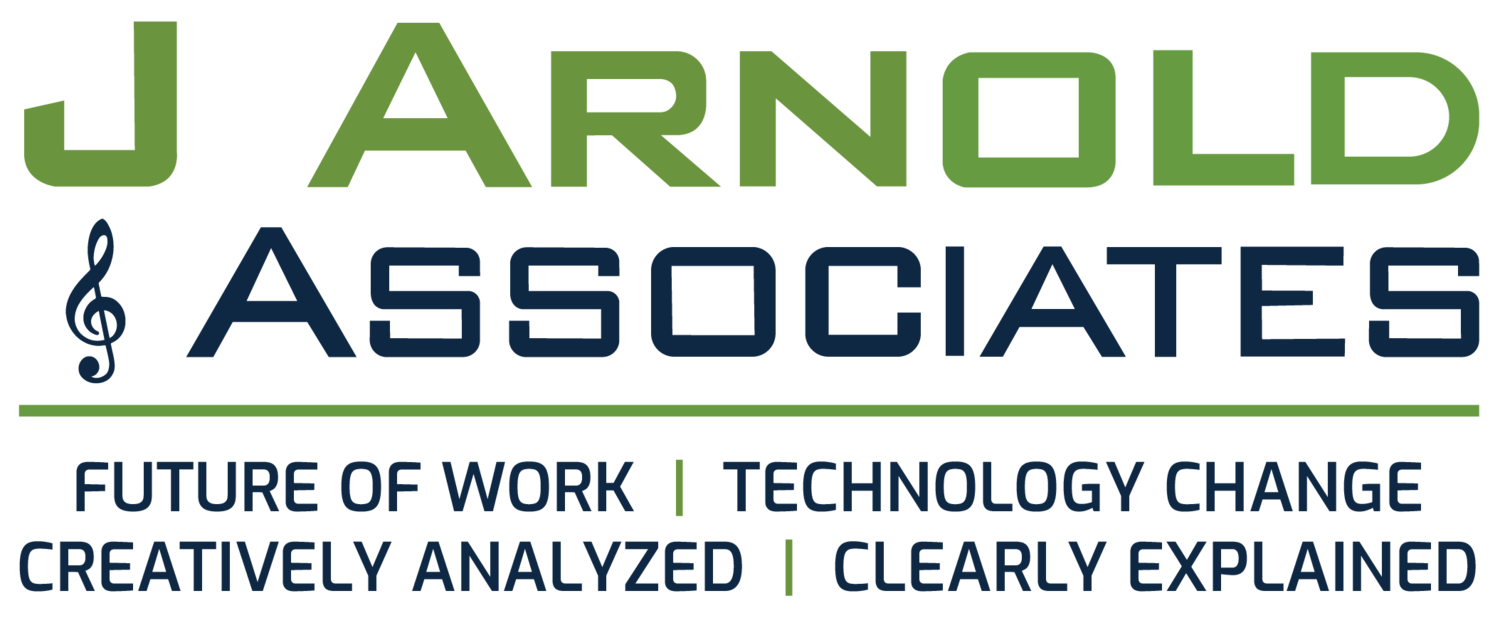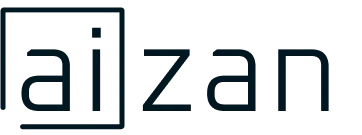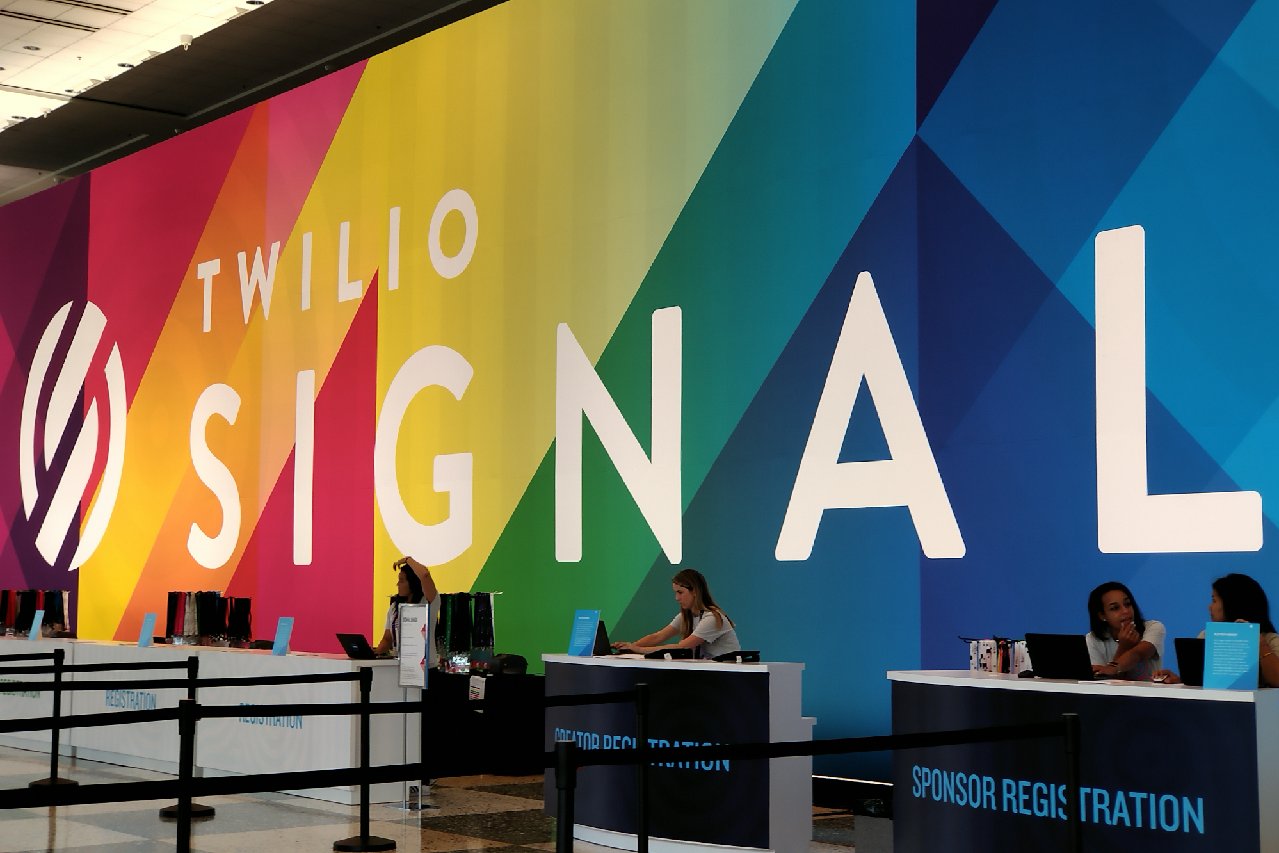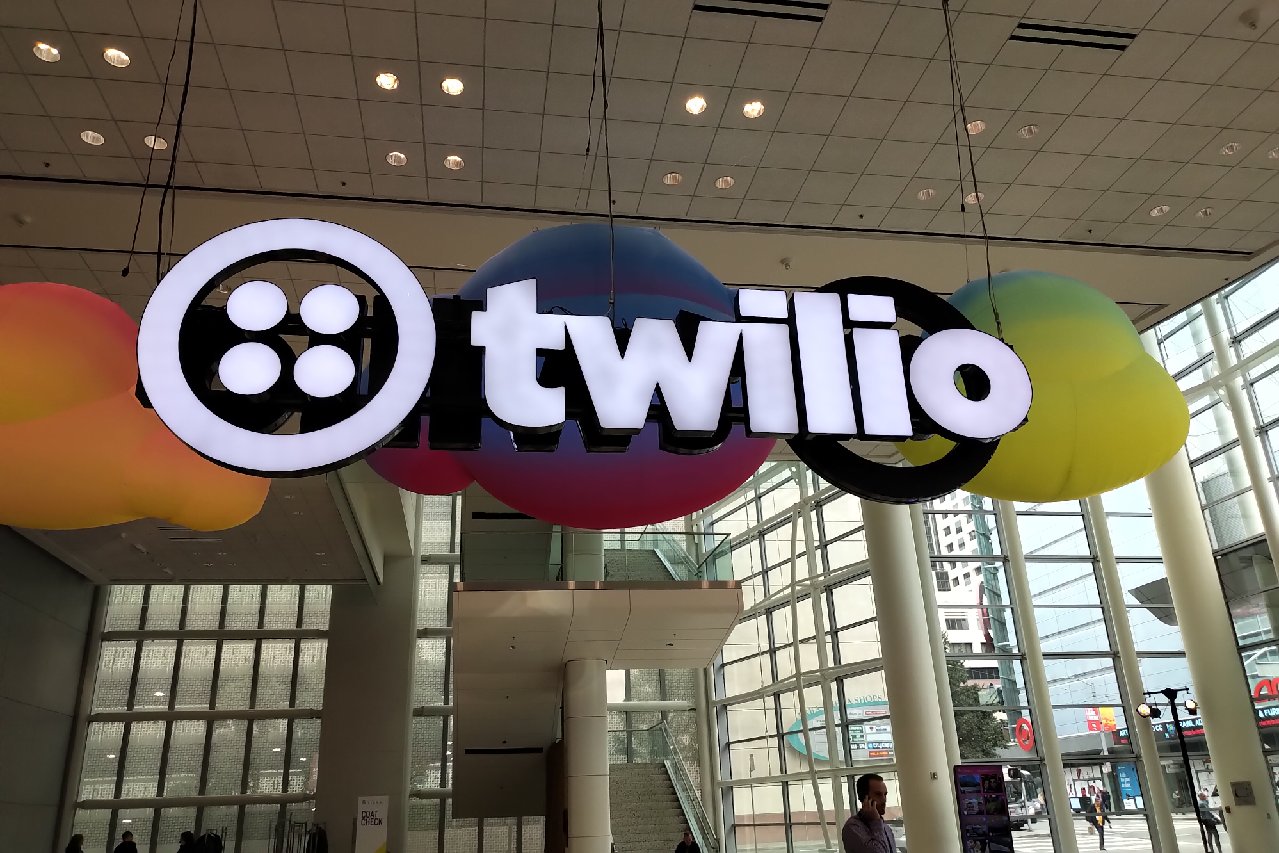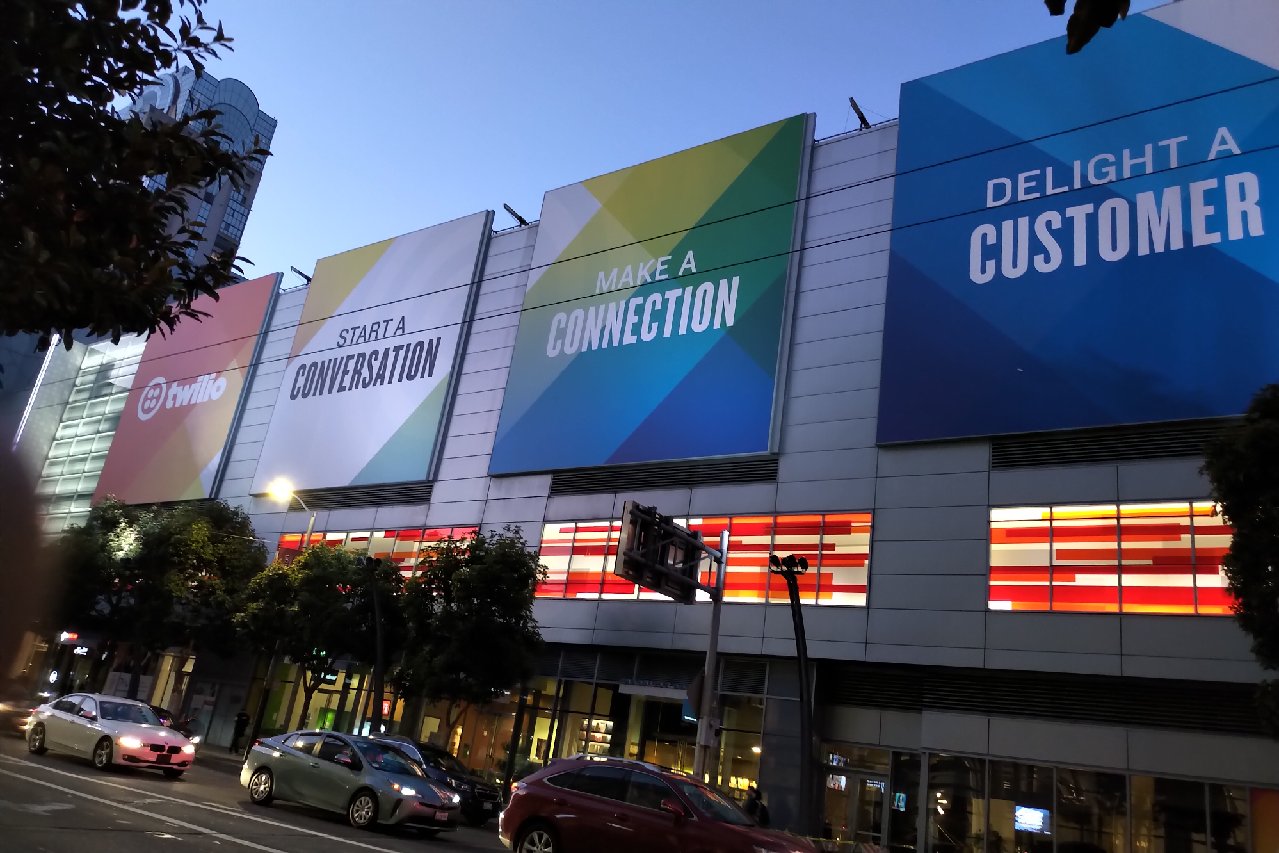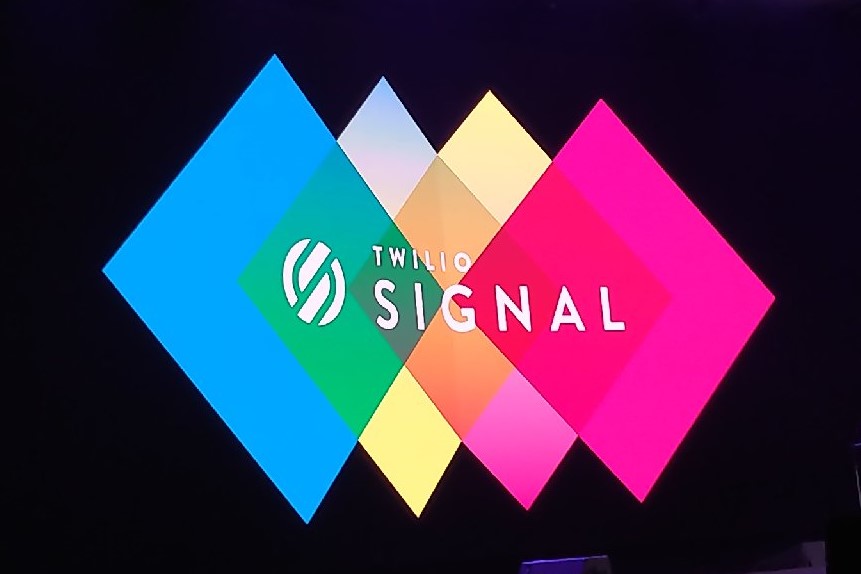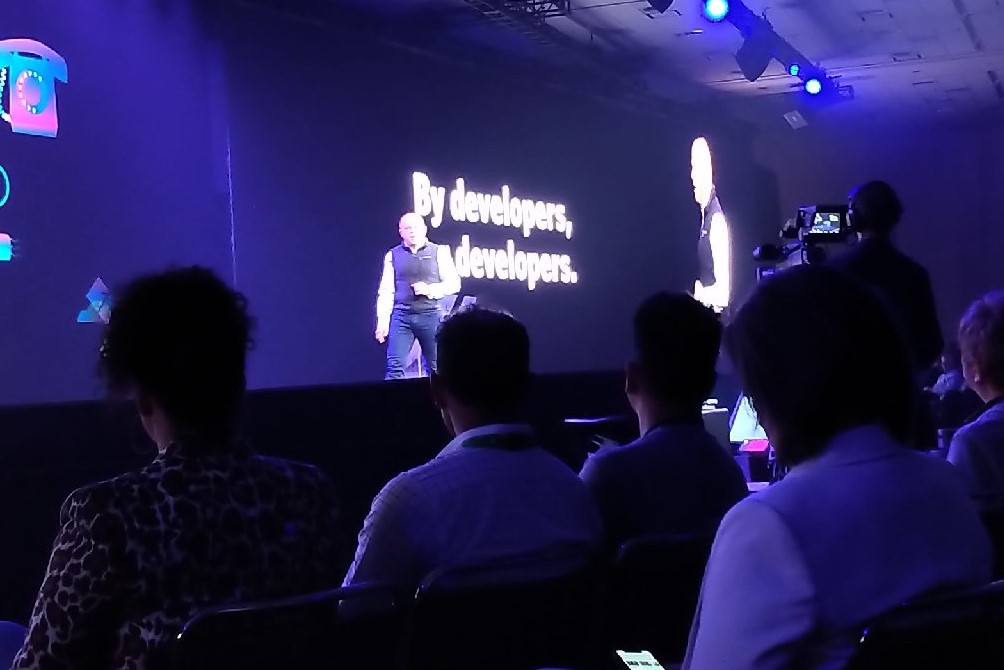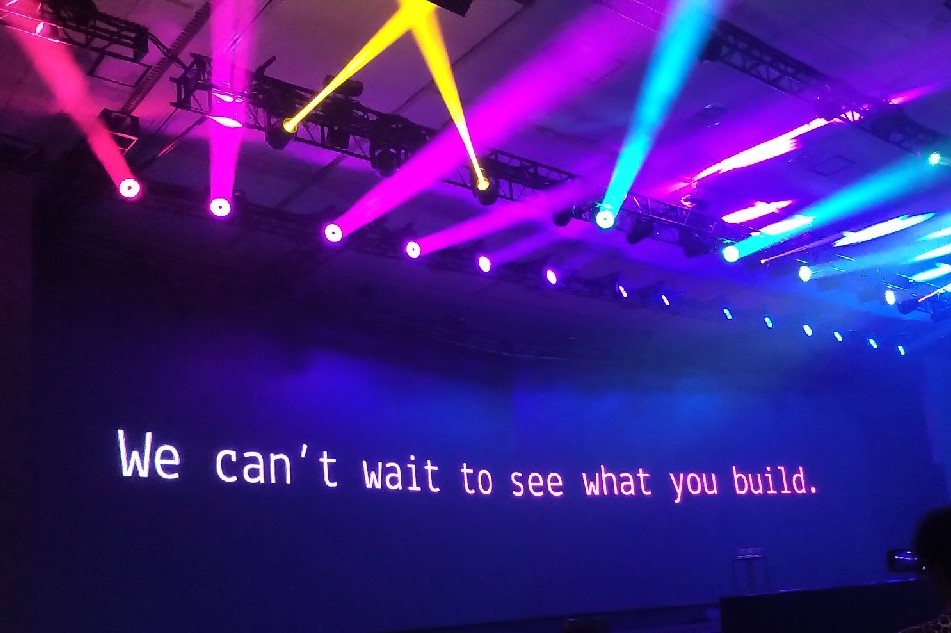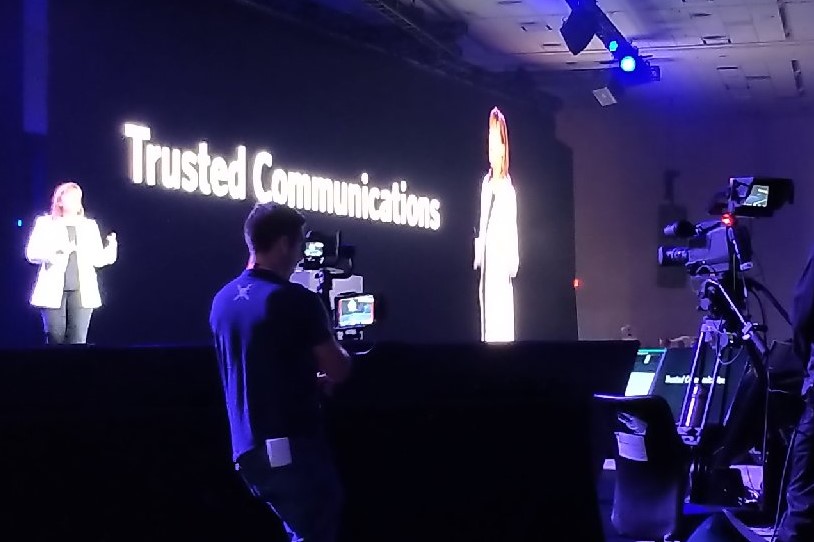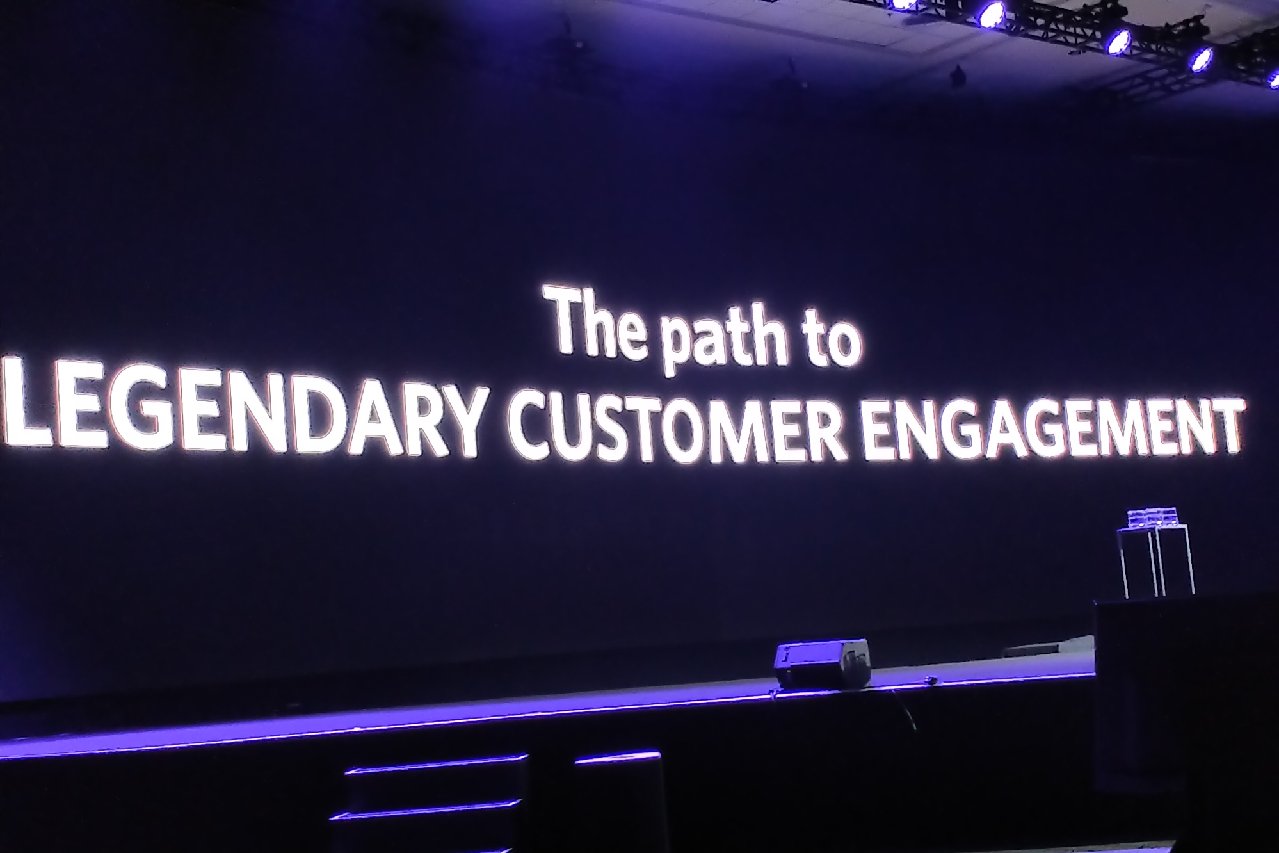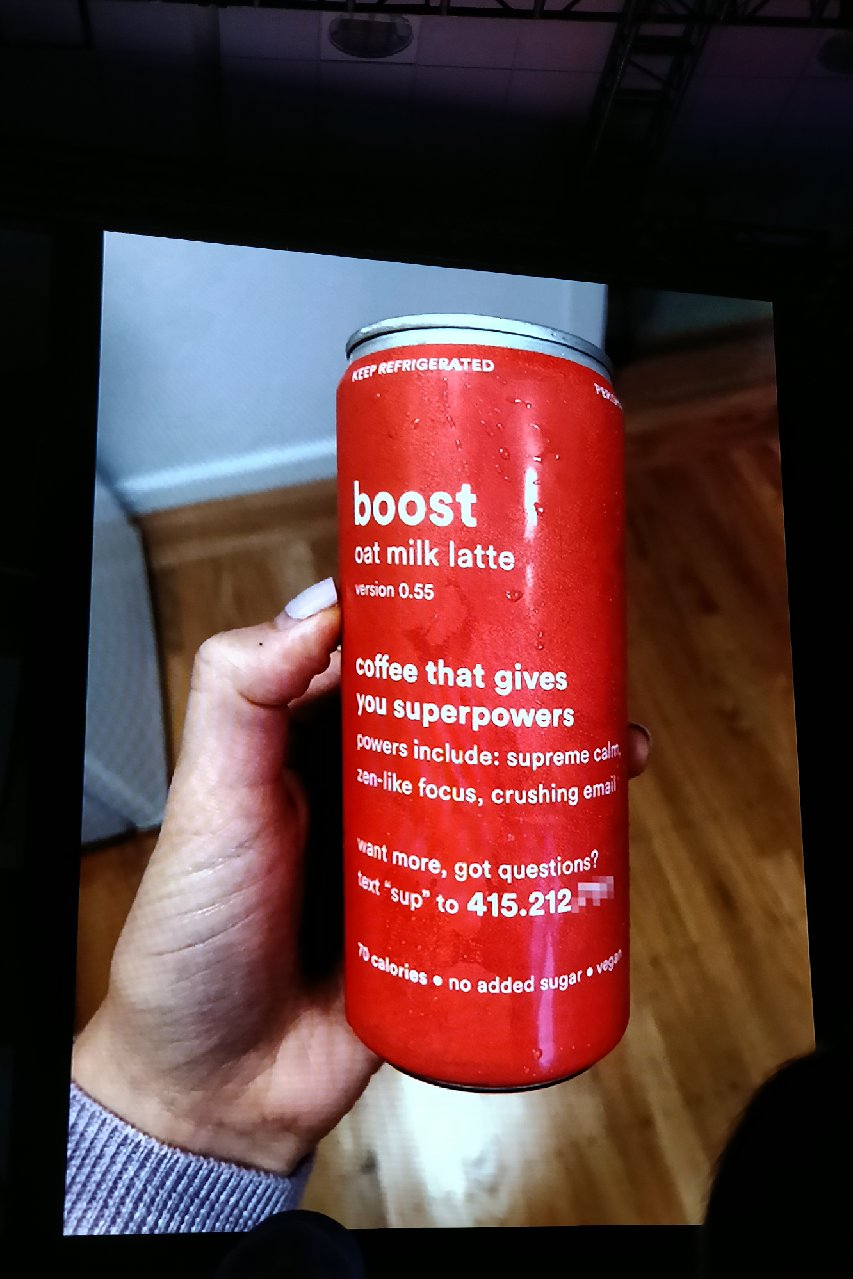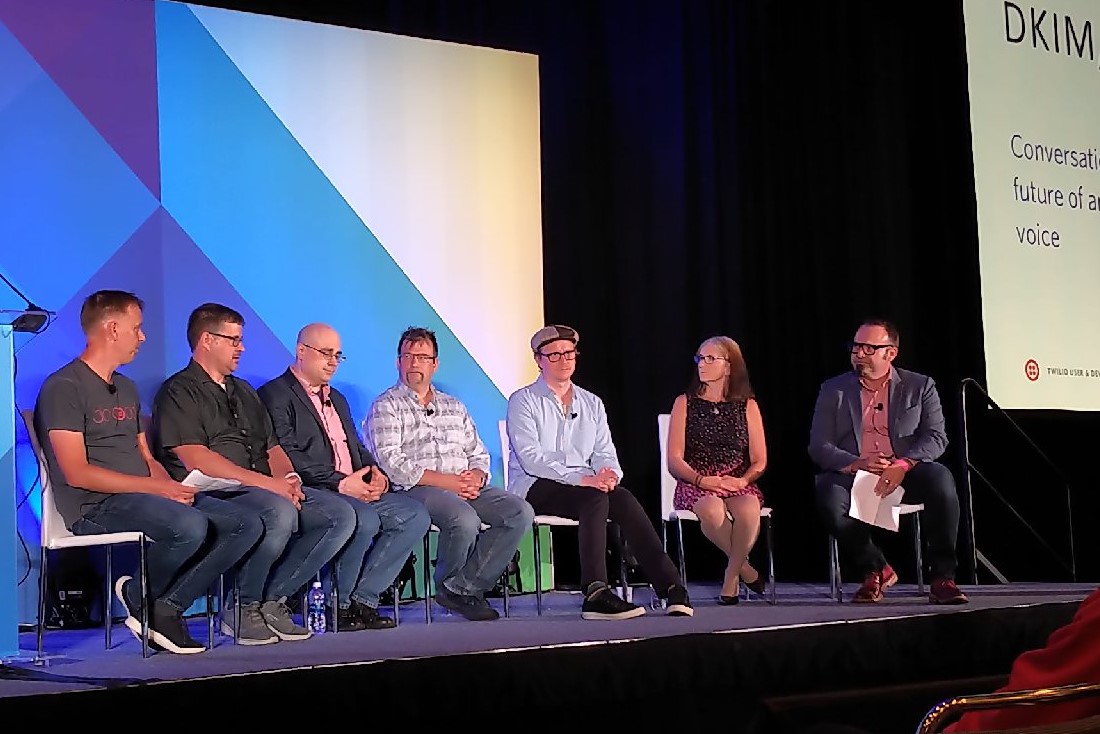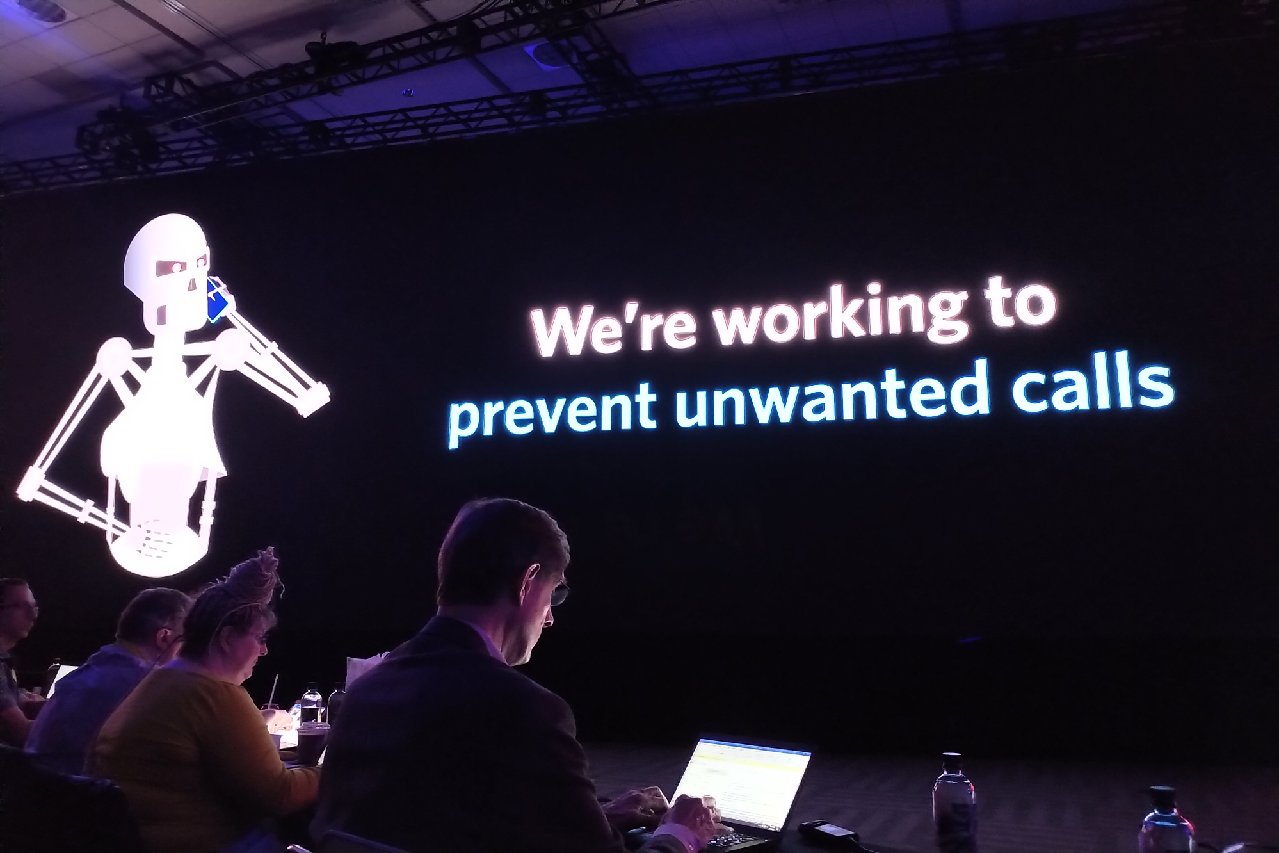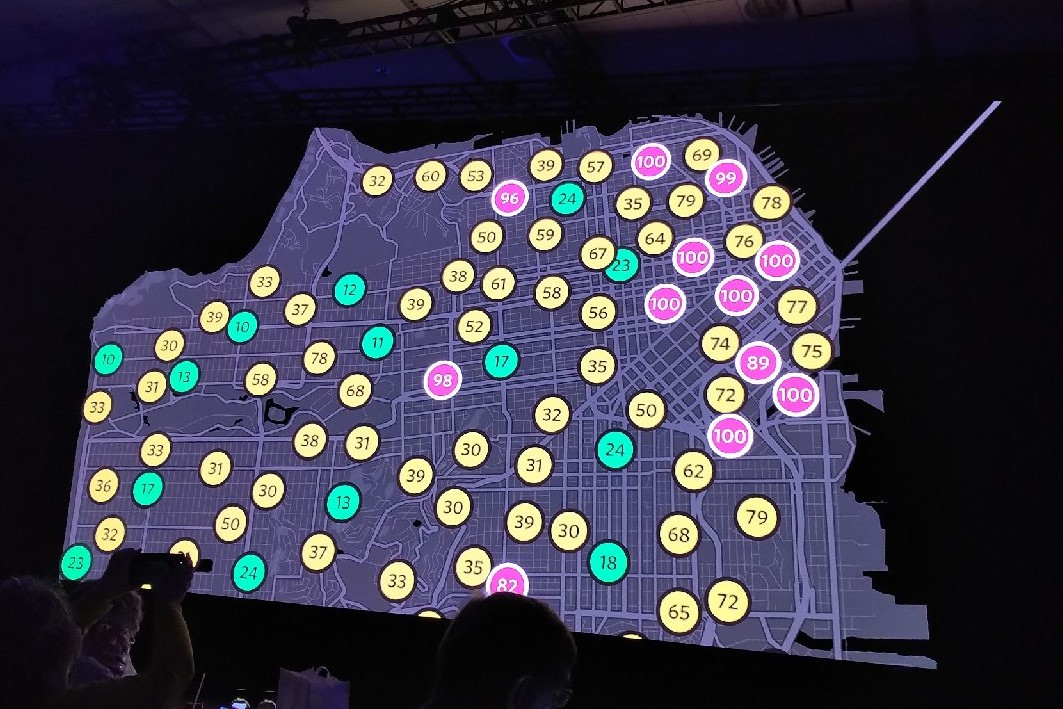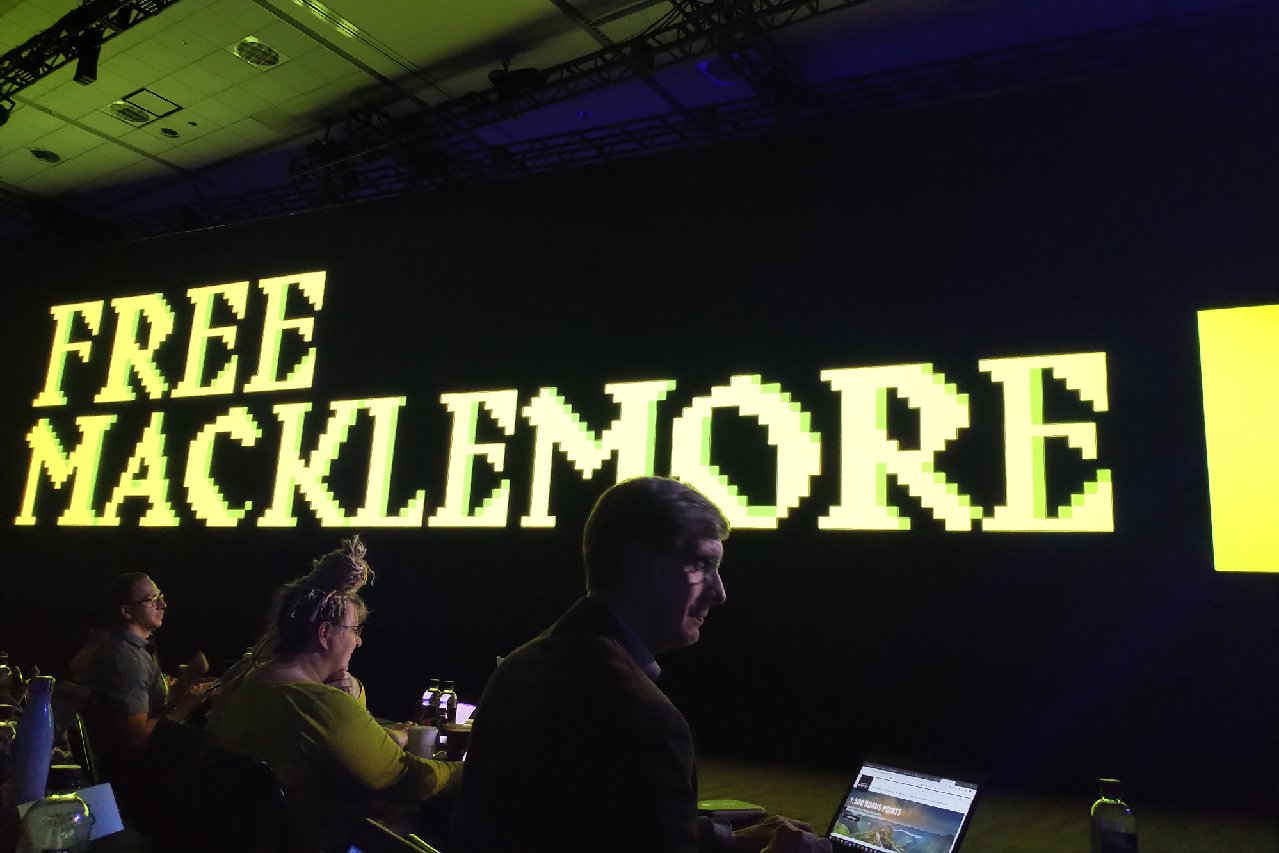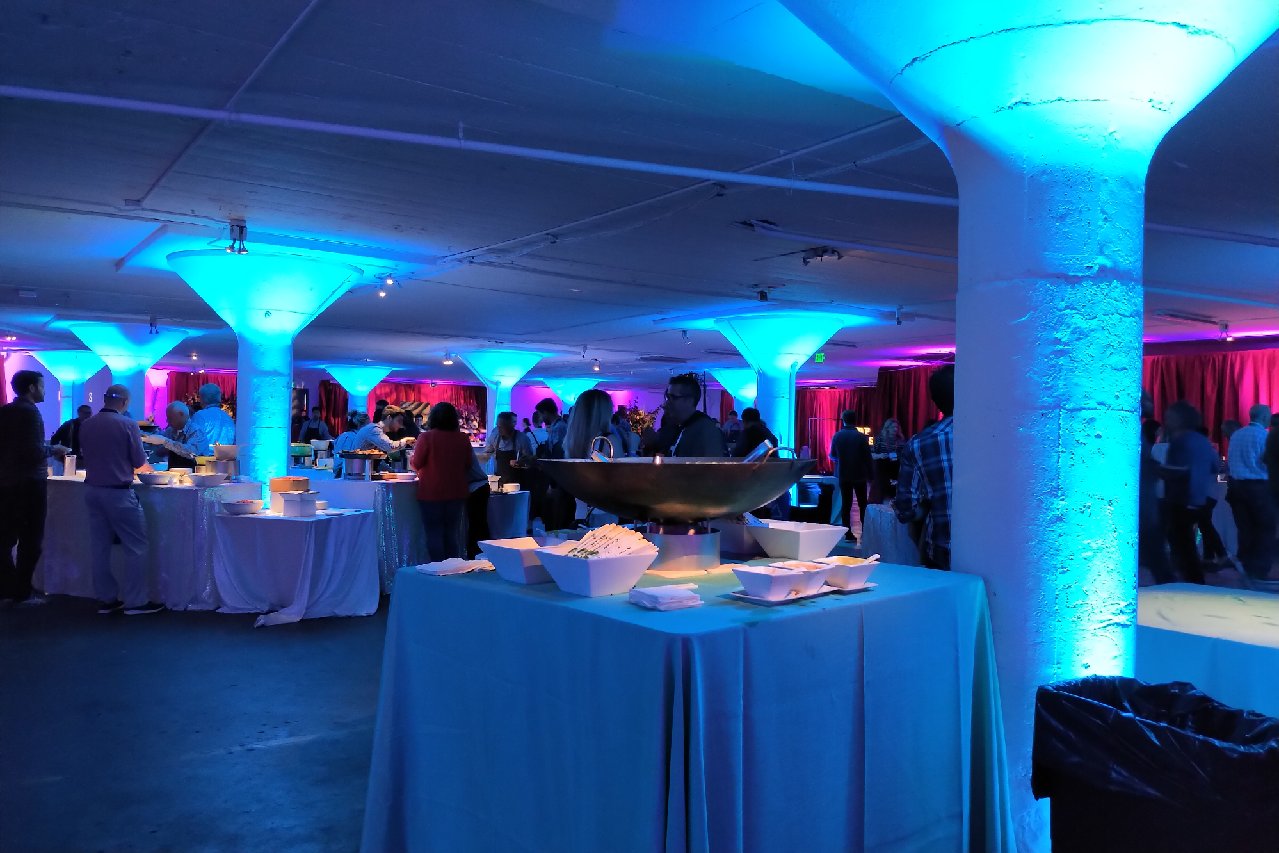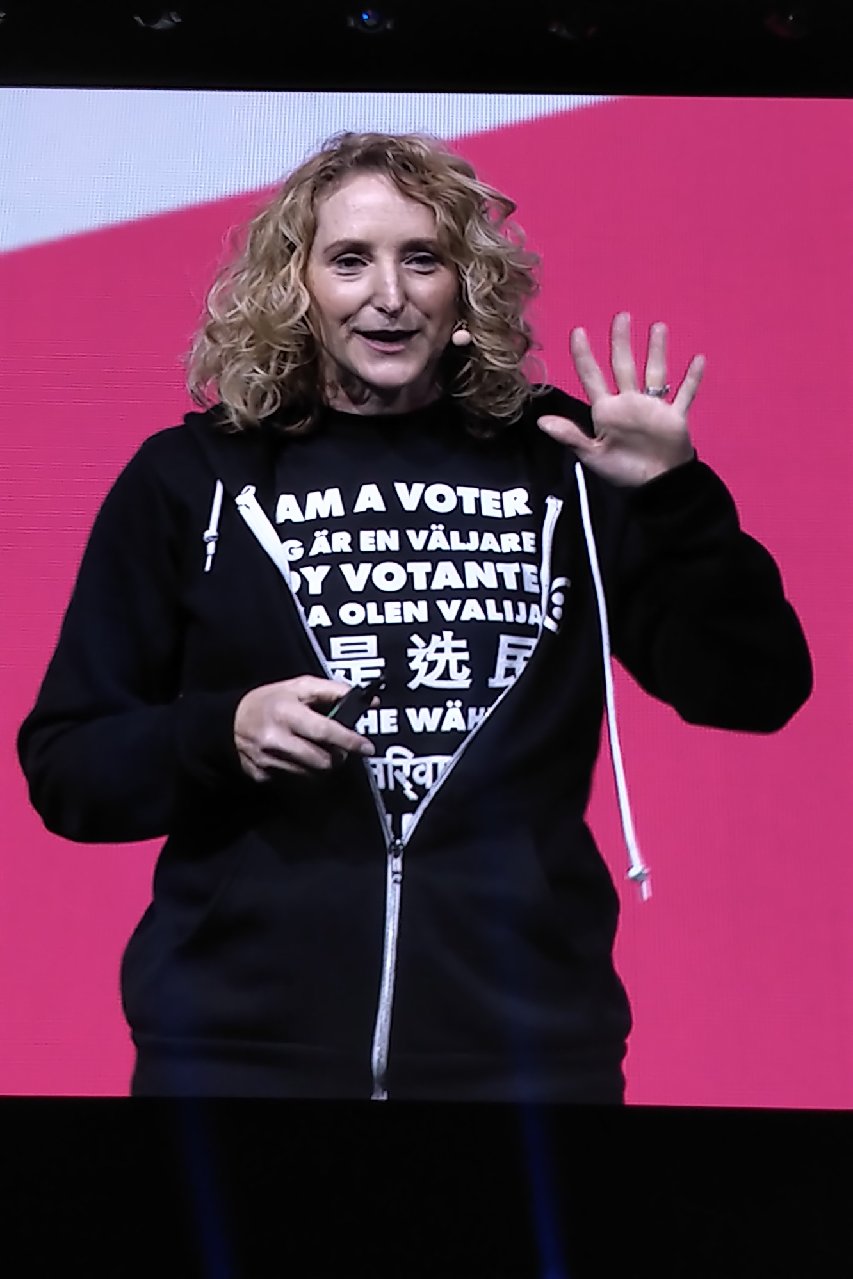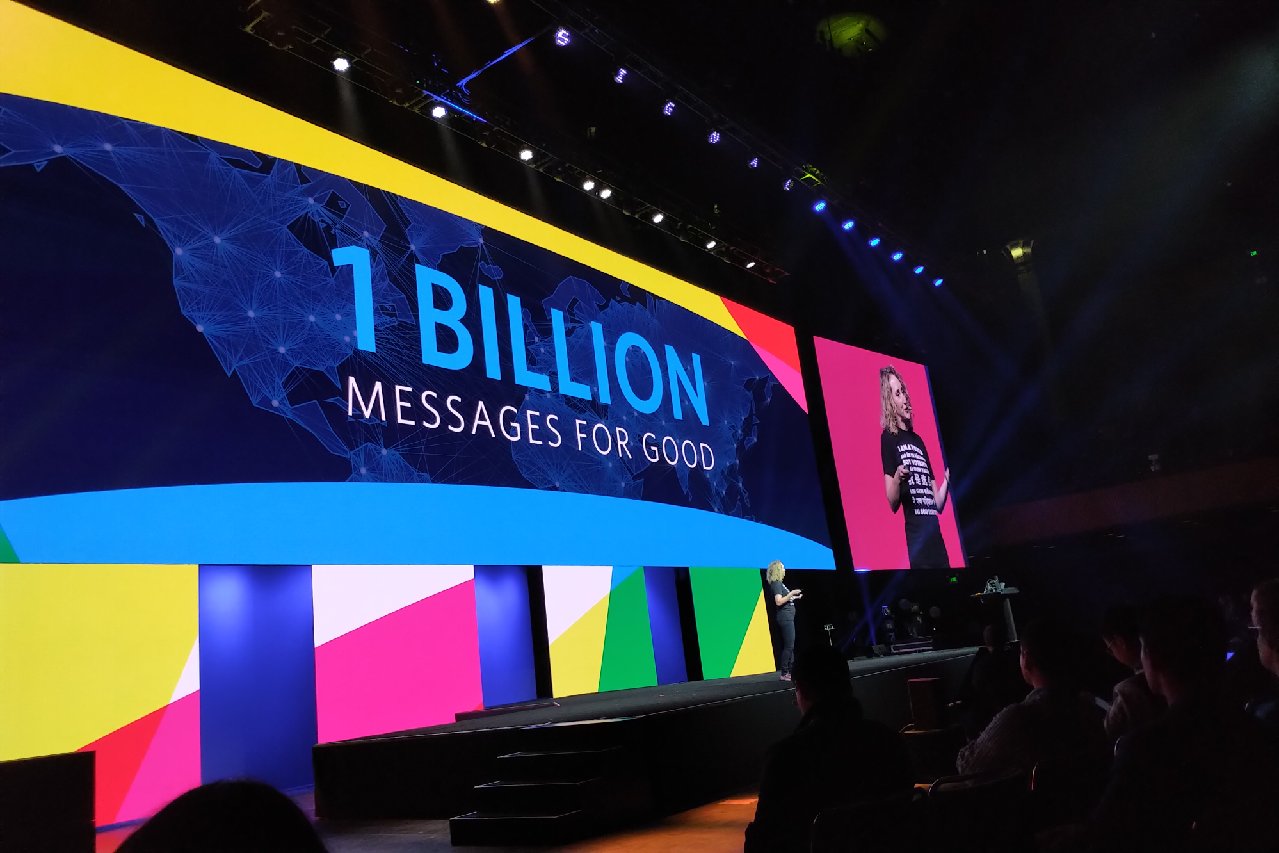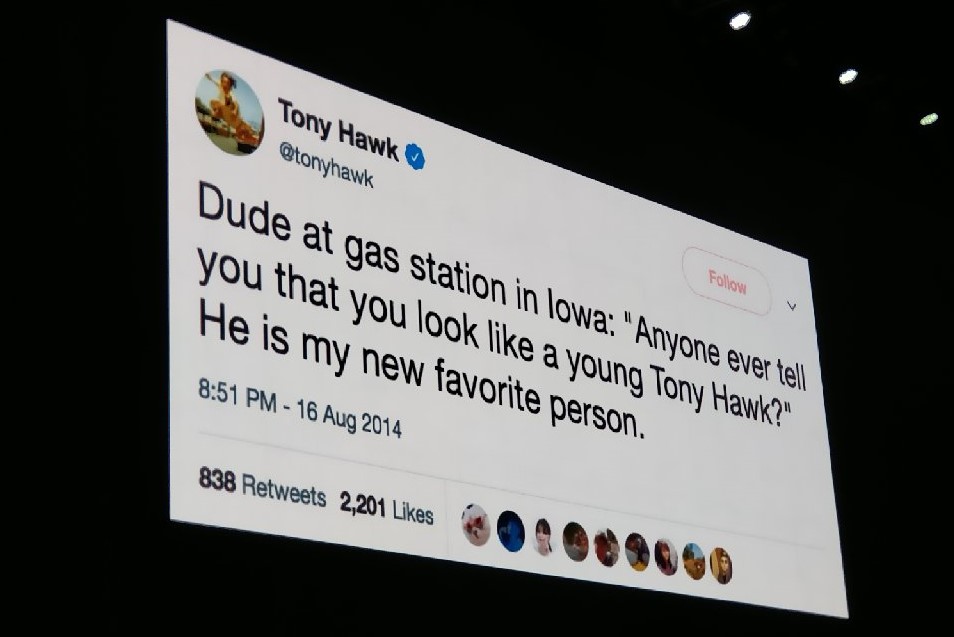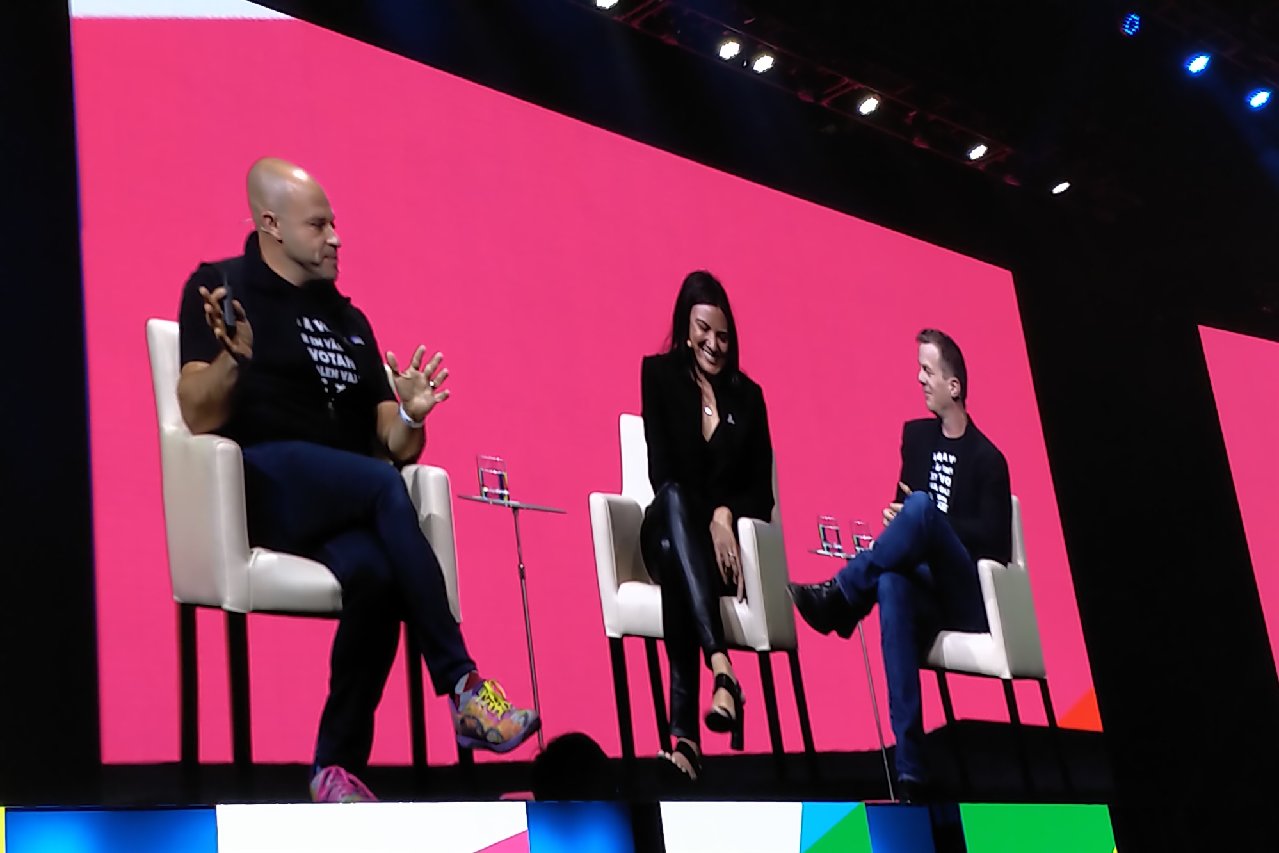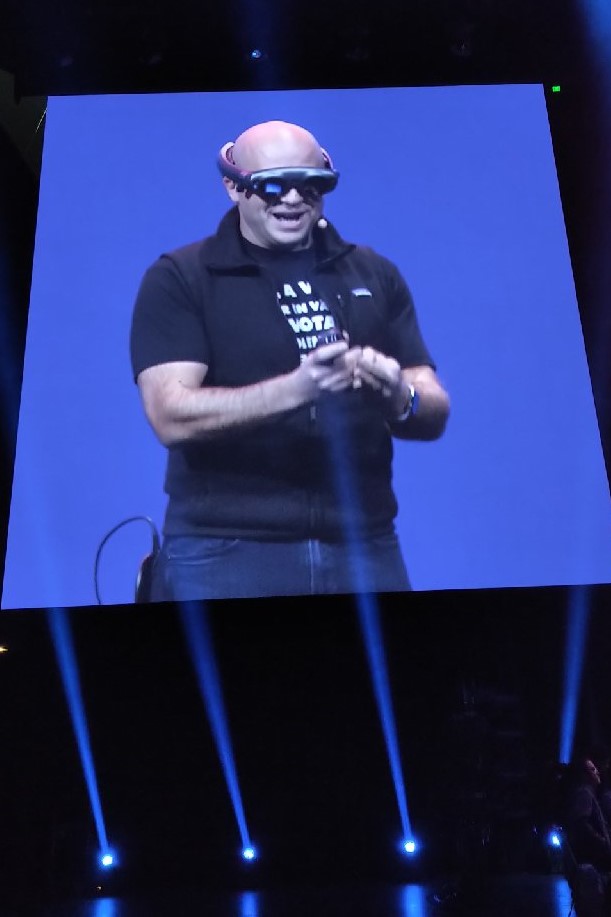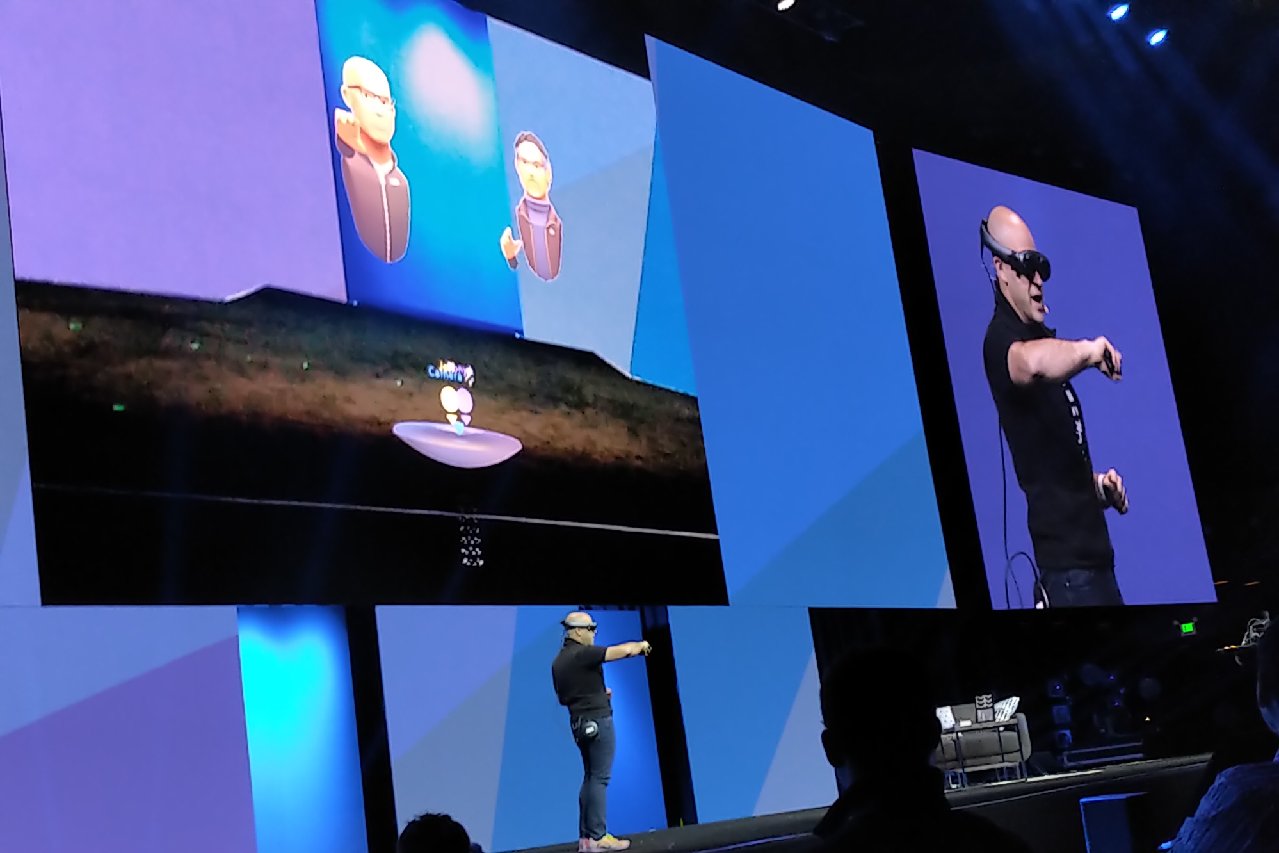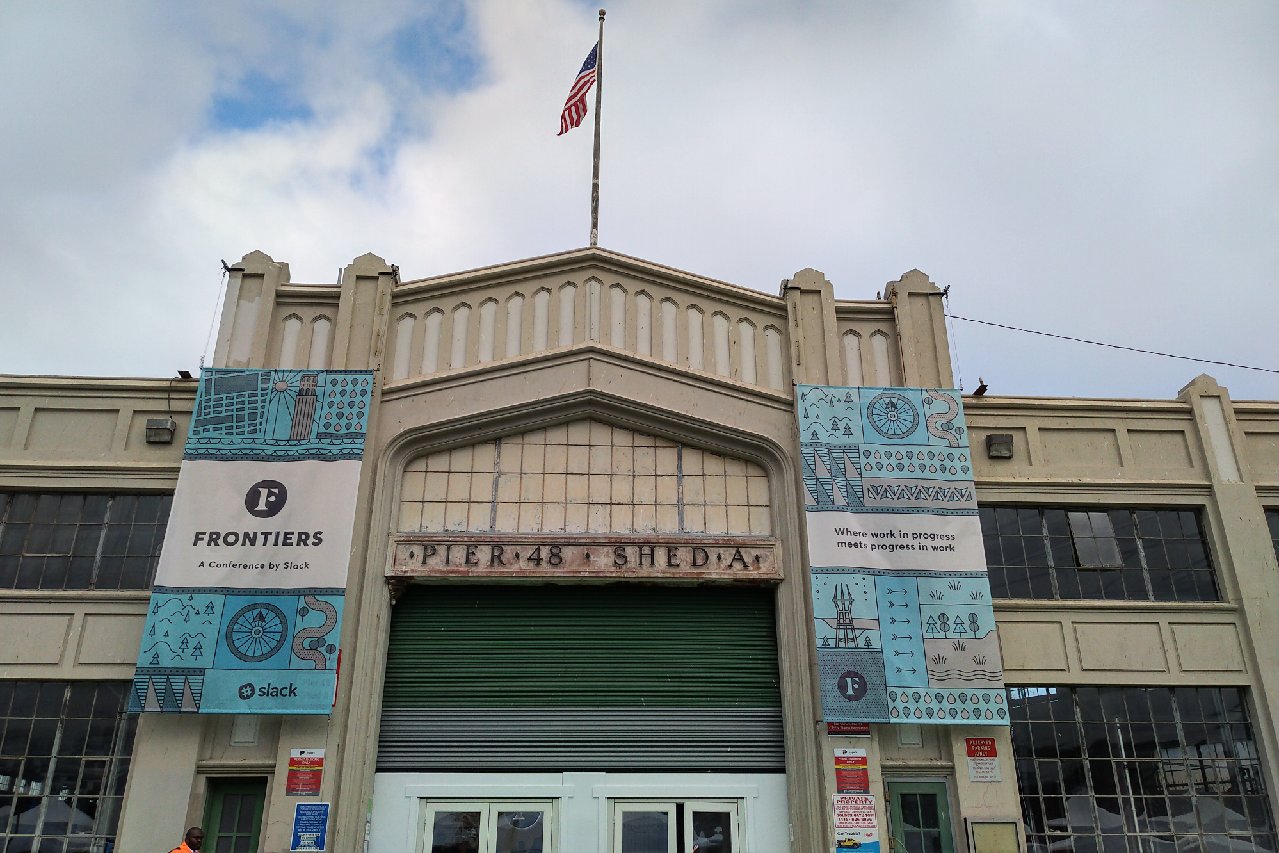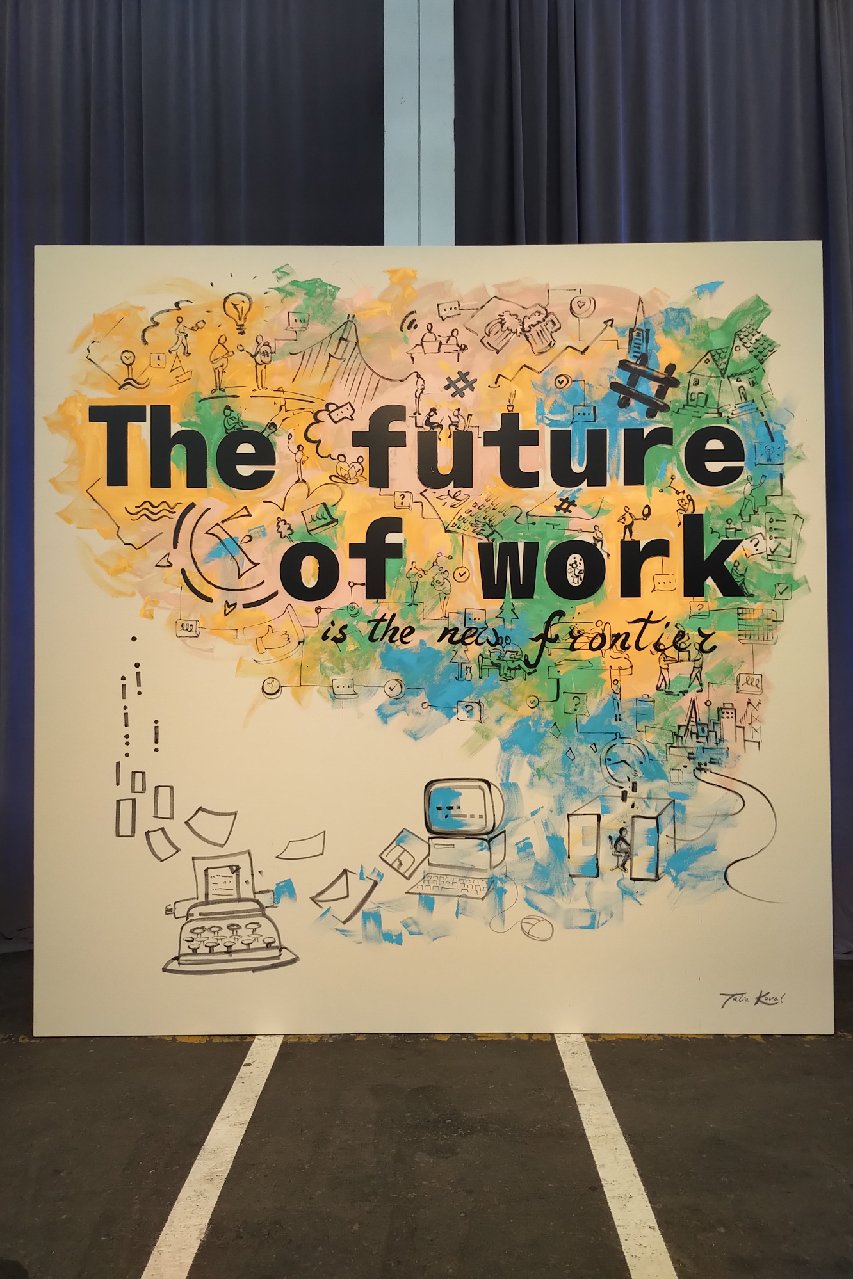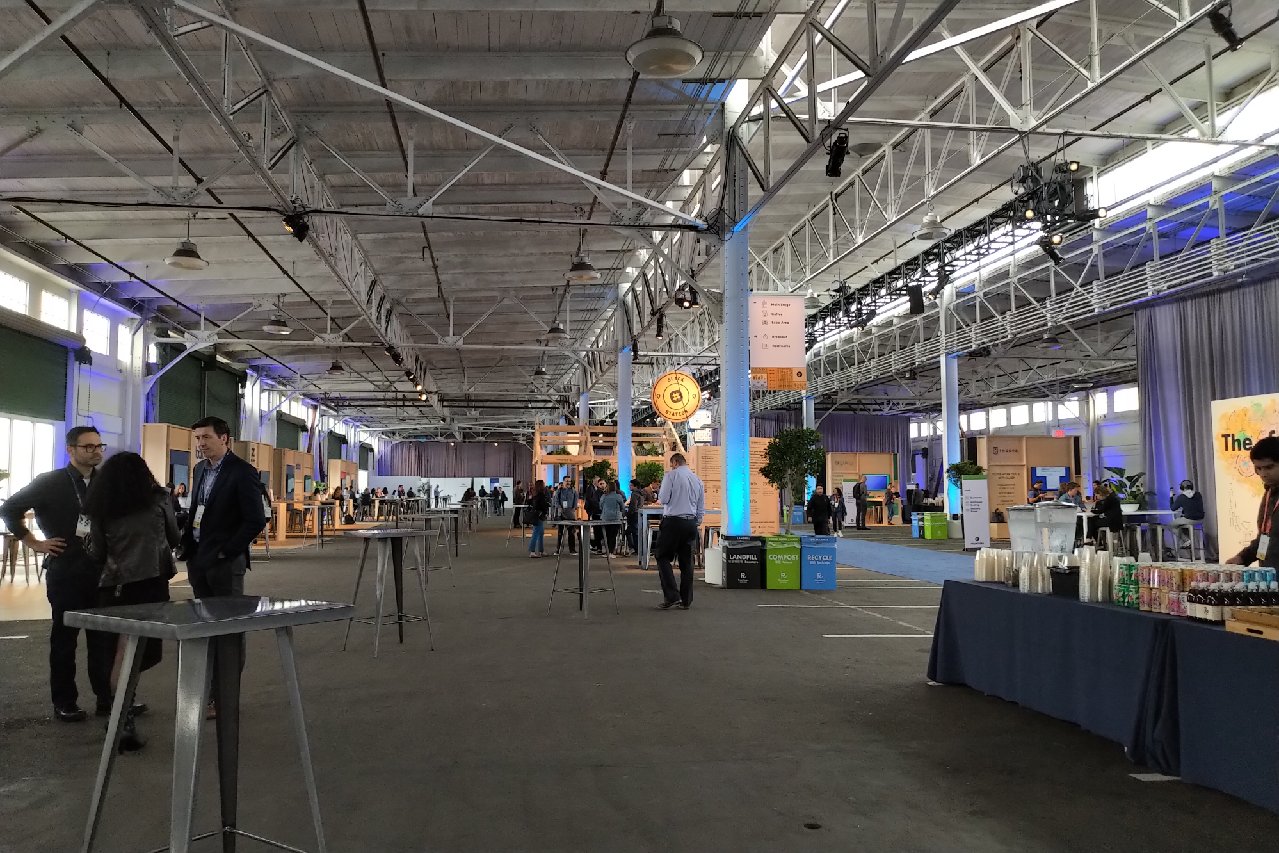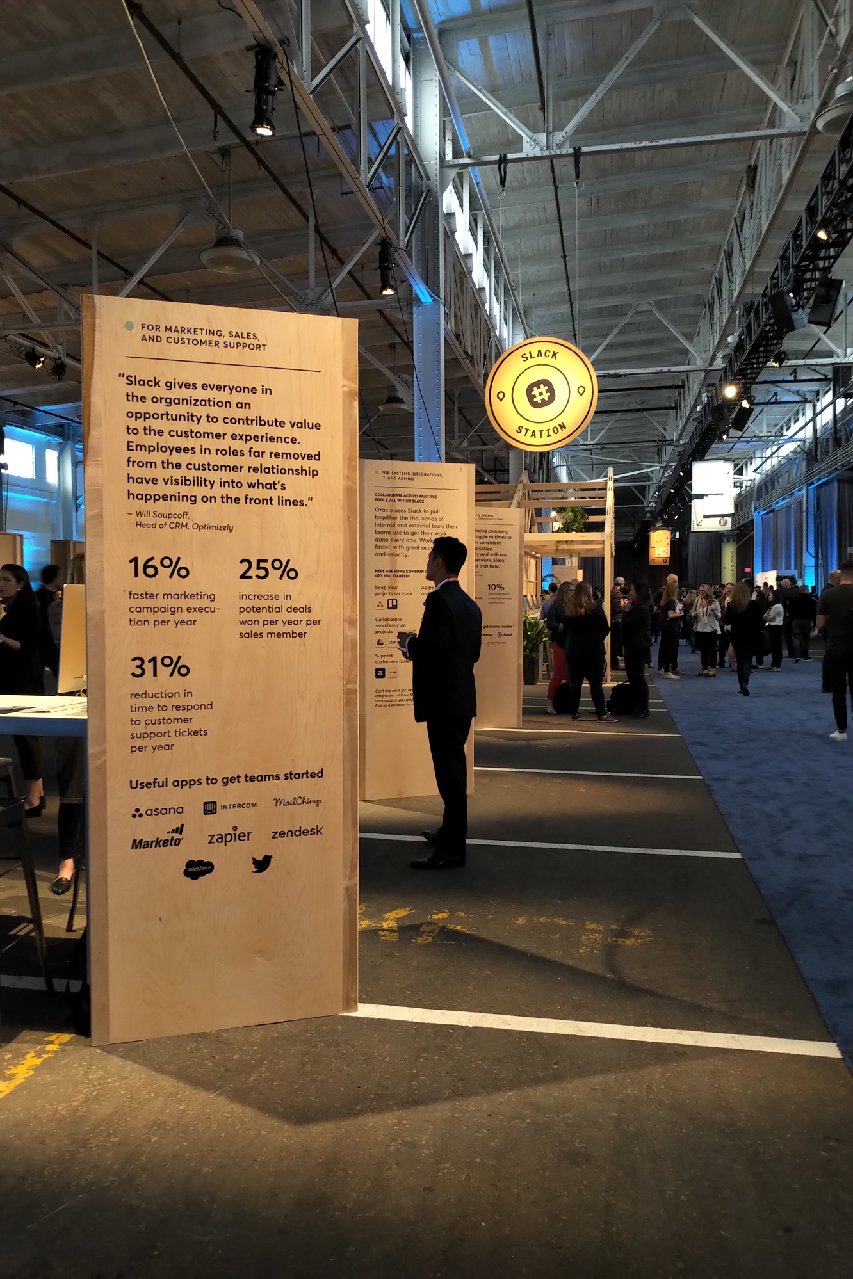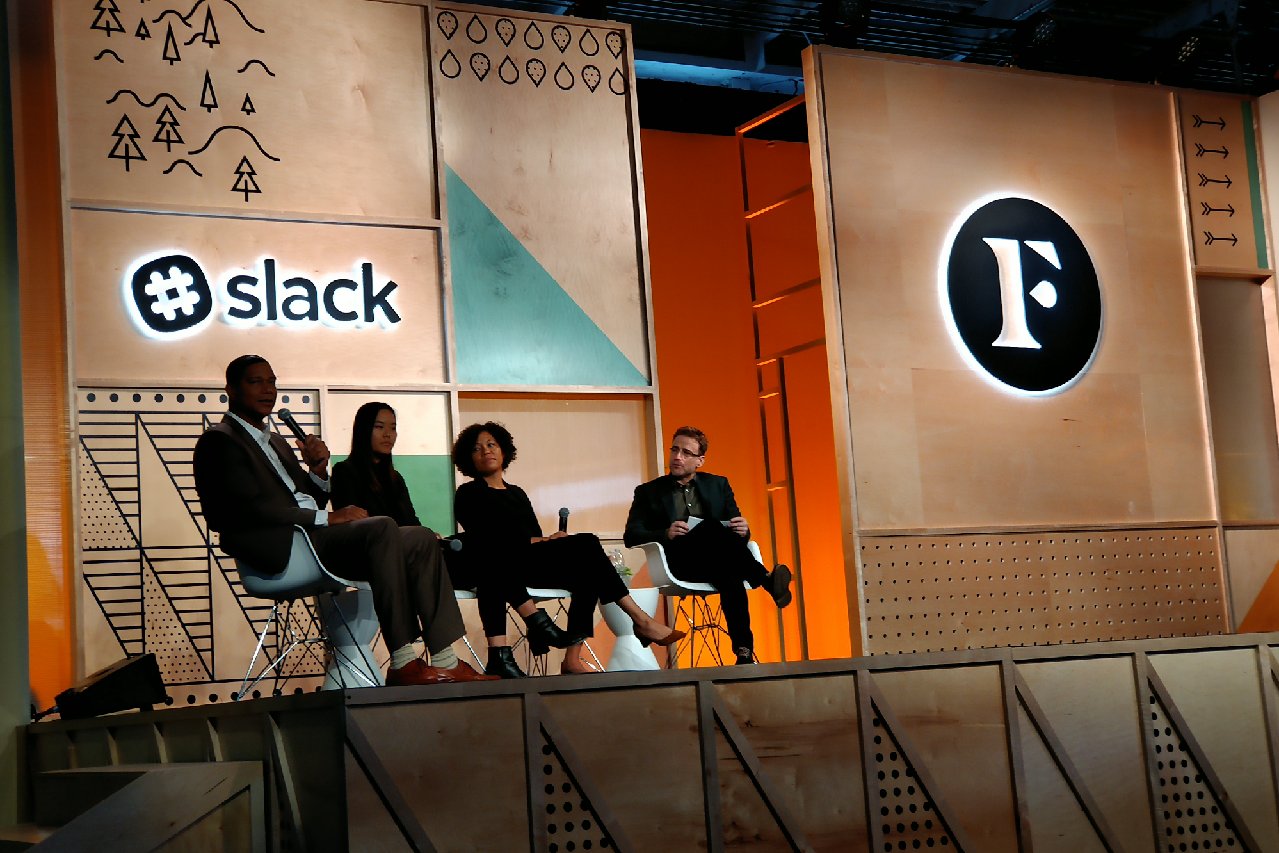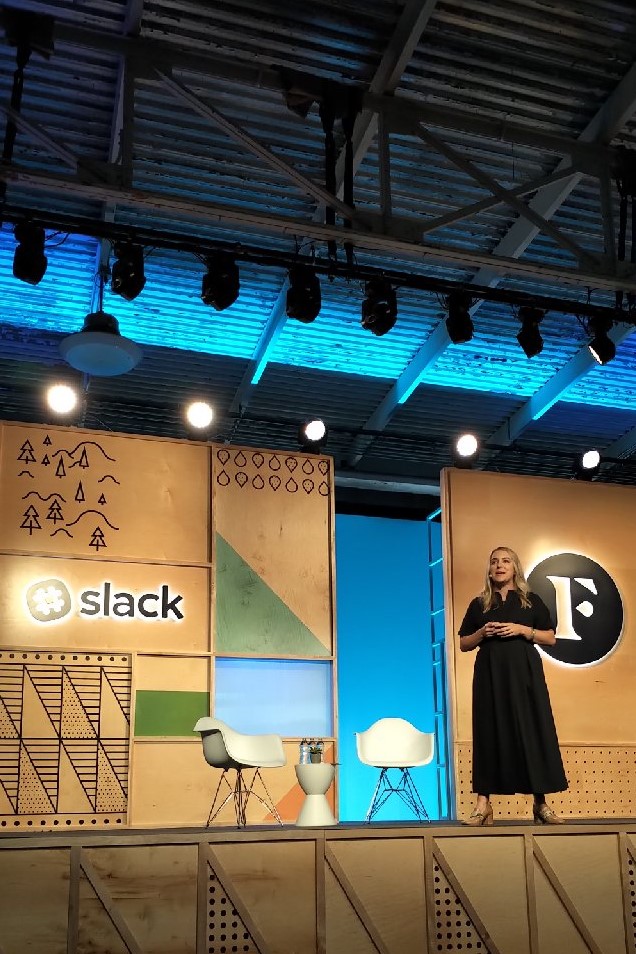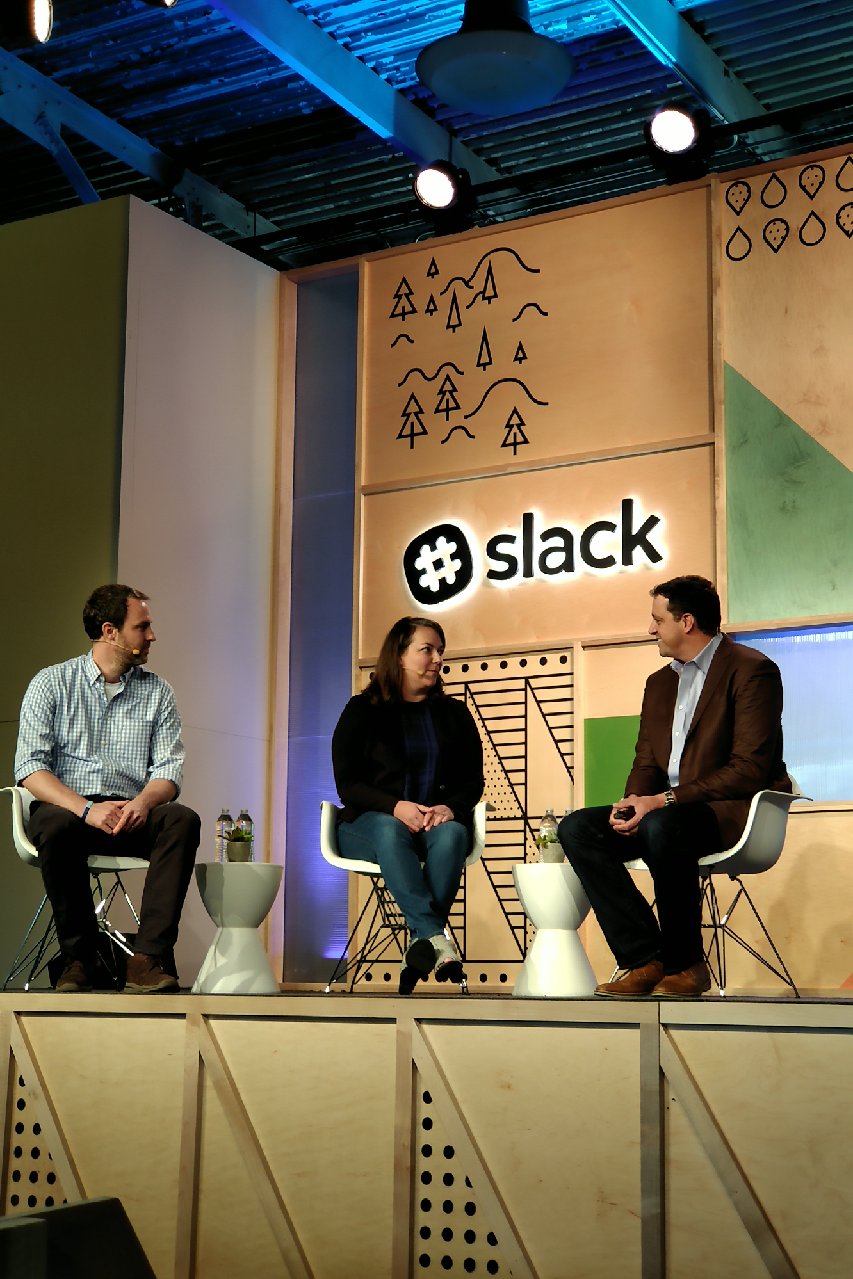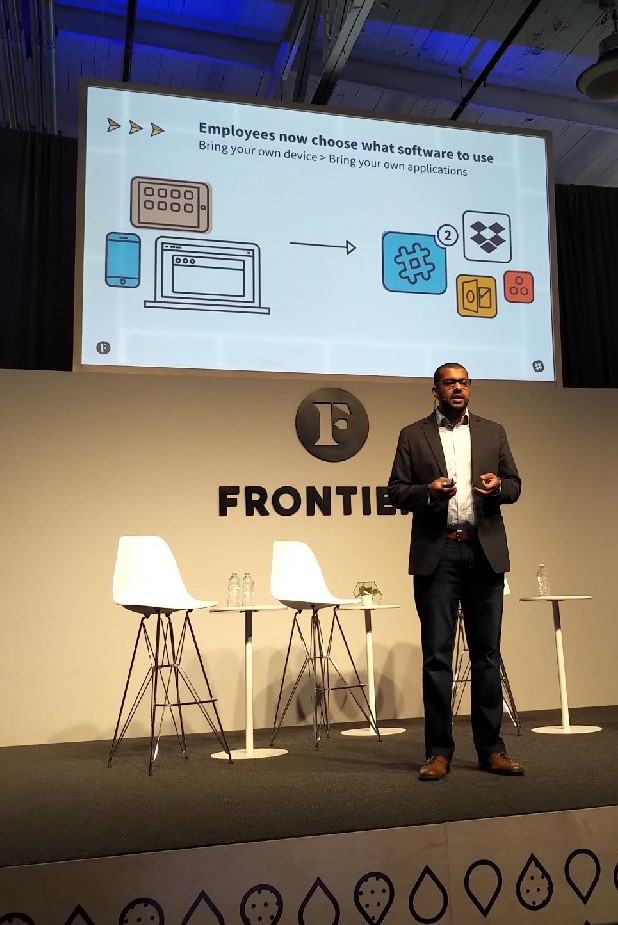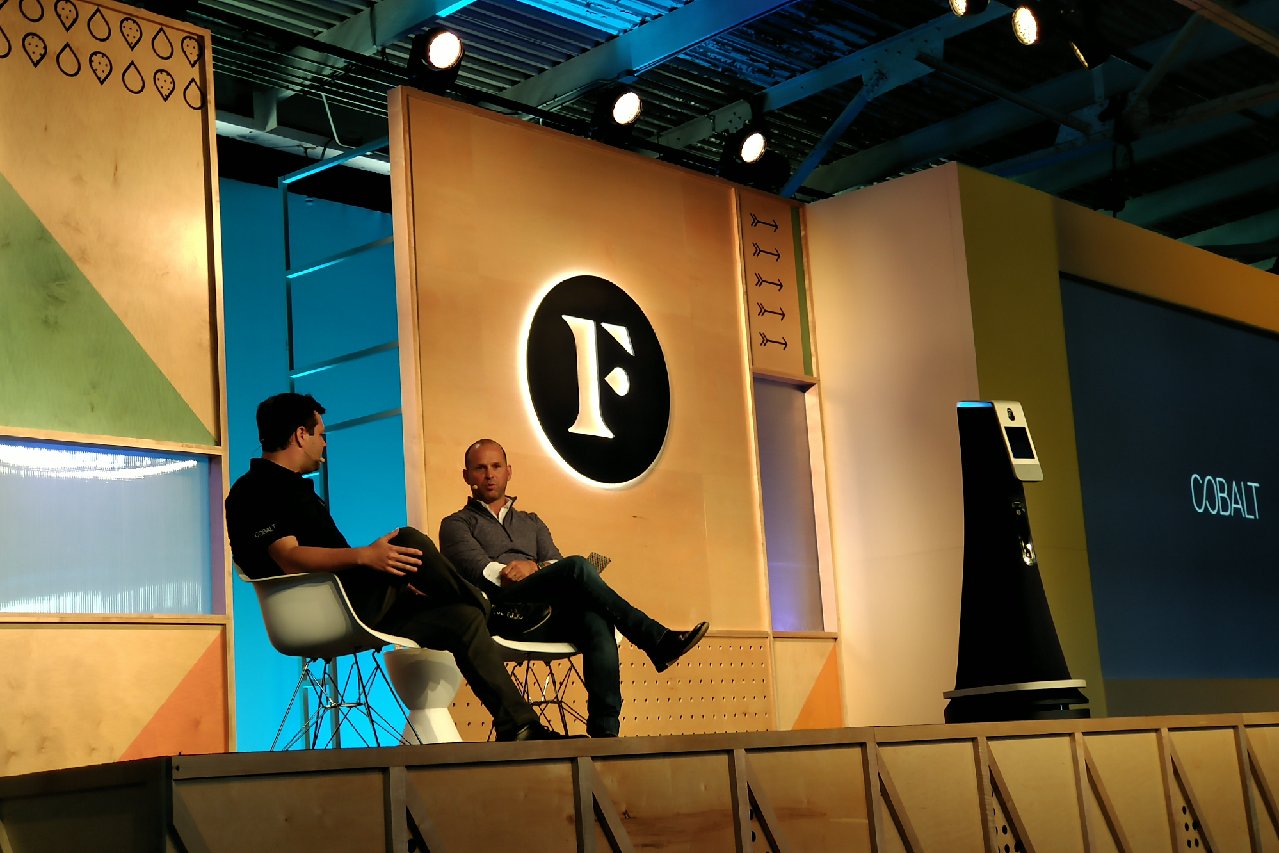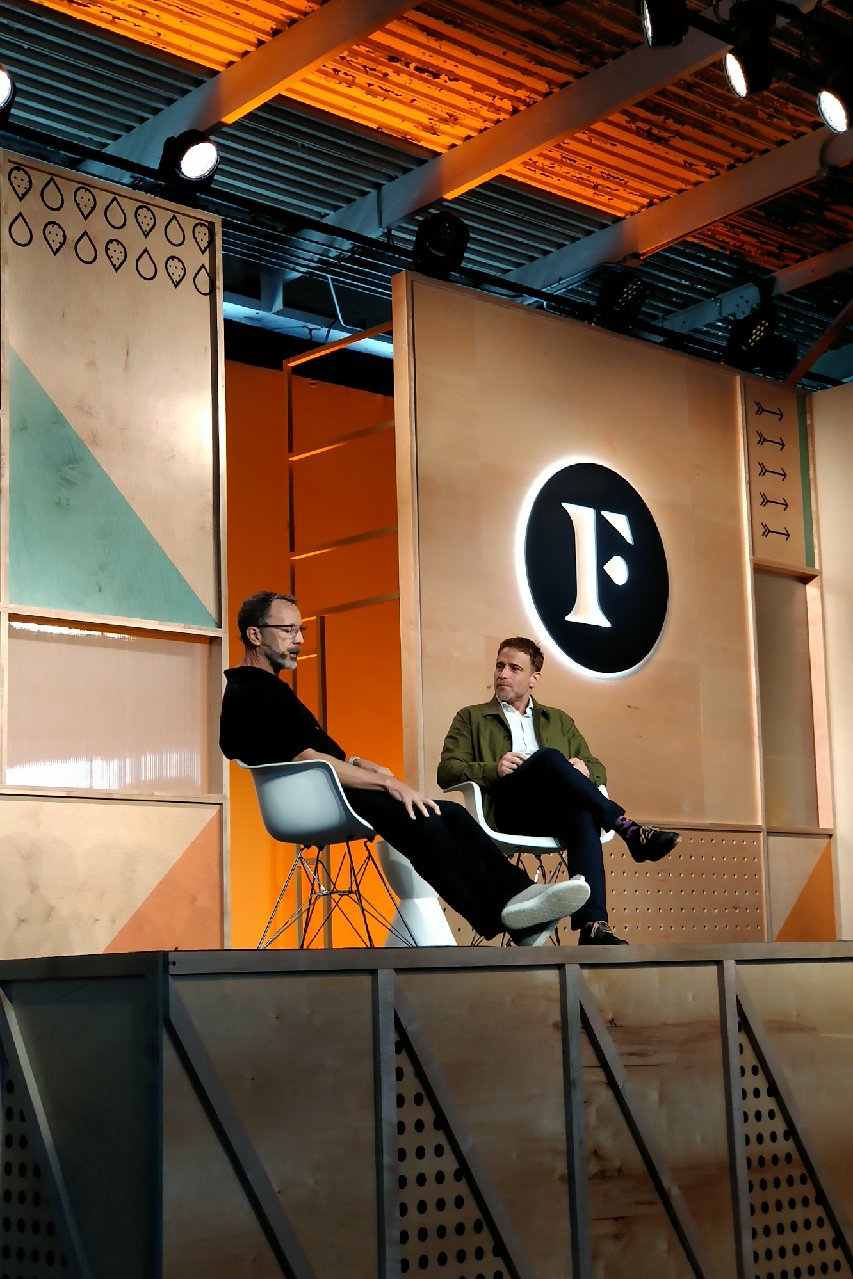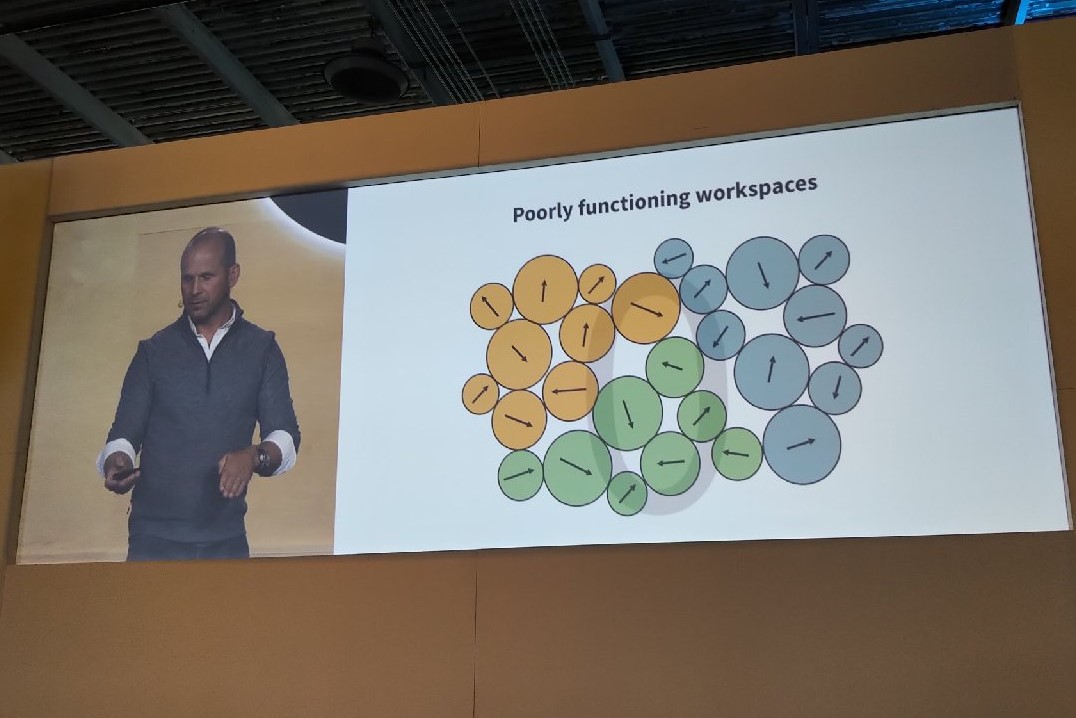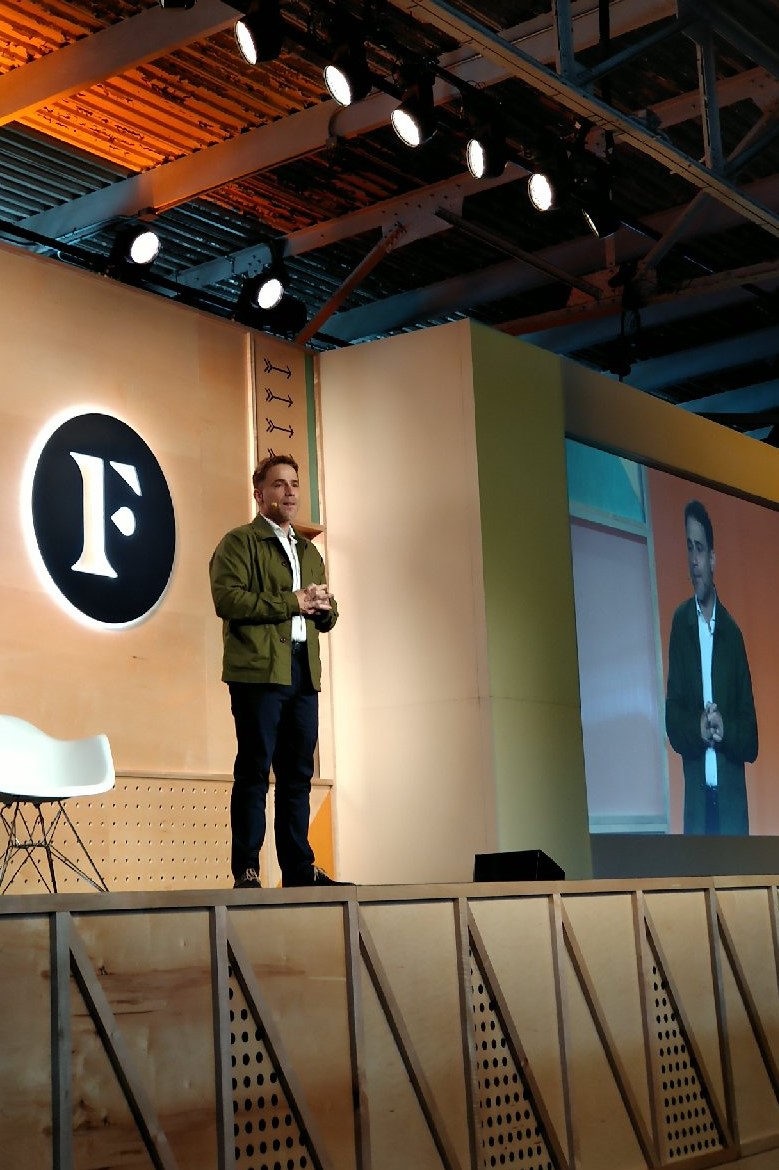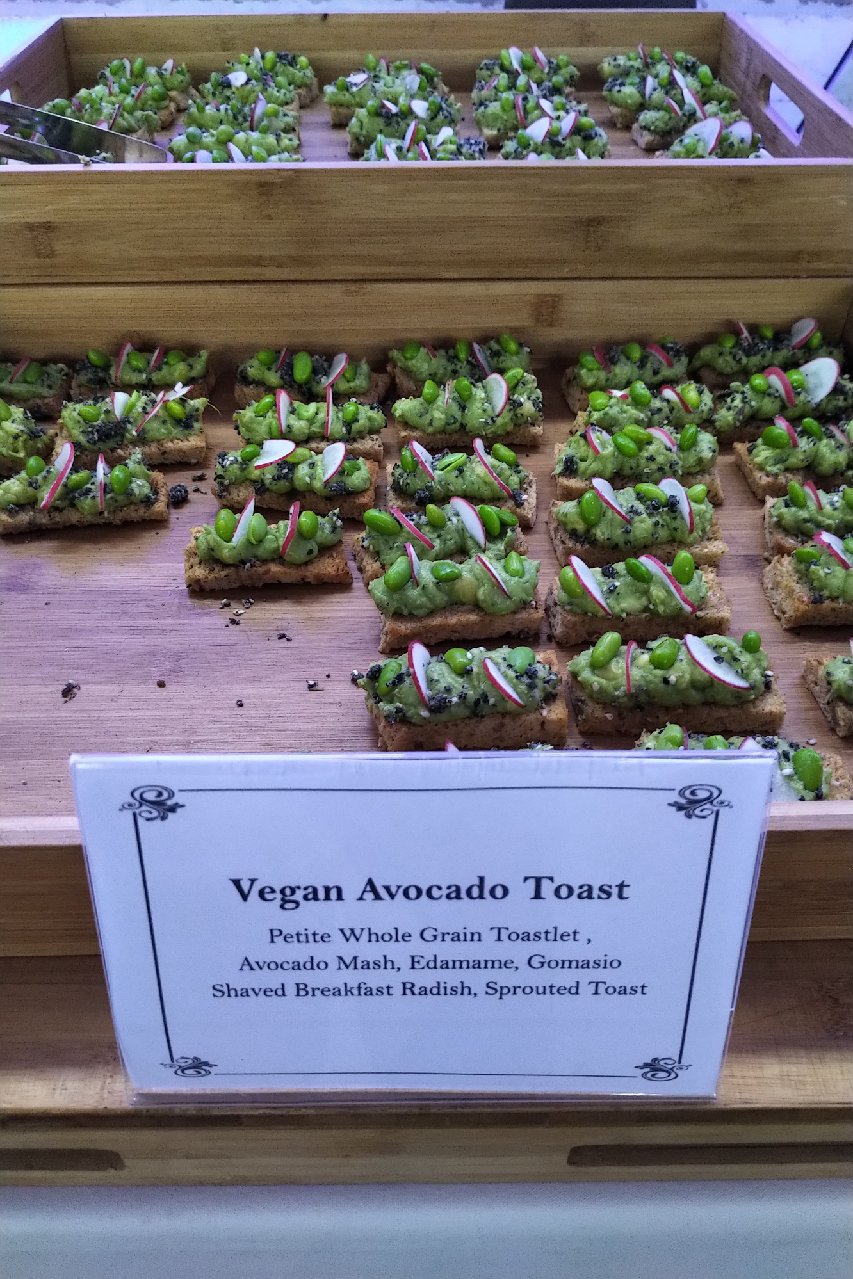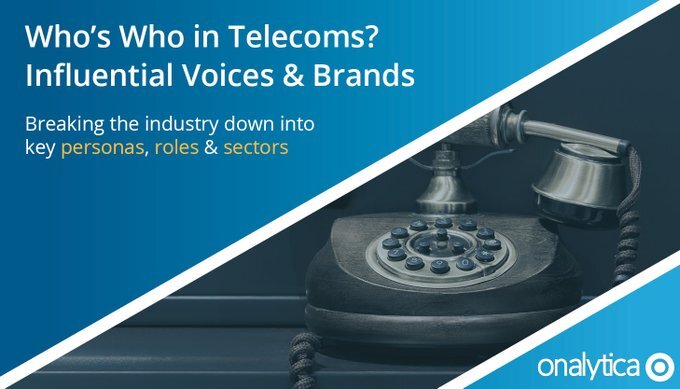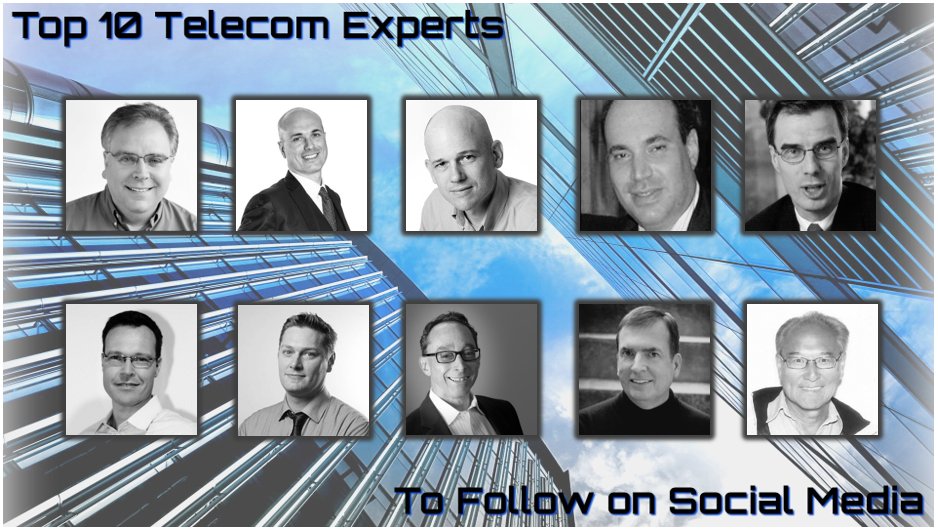This is just Slack's second industry event, and while they've come a long way in a little time, they're not quite a household name. That's probably a good thing, as they've been quietly and intelligently building what looks to be a great organization with the kind of vibe, culture and passion that makes for very successful companies.
Over the last two days, I've gotten to see that first hand, and it looks pretty real to me. Make no mistake - the established collaboration players are watching Slack closely, and not surprisingly, some of those people have now joined their ranks.
I was lucky enough to be one of a handful of analysts in attendance - and I don't think the media was there - so, unless you've been following my tweets, what I'm sharing here will be new for you. For now, I'll let these photos do most of the talking, as I wanted to quickly get a post up before flying home. I've got lots to say, and that will be coming in a few different forms shortly, so check back soon - and even better, you might want to sign up for my newsletter.
For now, I'm just going to leave you with a couple of comments from the sessions that reflect the big-picture takeaways.
First, from April Underwood, their Chief Product Officer: "this really is a movement". Yup - she's referring to how the workplace is changing, and there's a need for tools and solutions that align with this fundamental shift. I've been following Slack for a while, and have long felt that if UC - or something along those lines - was being invented today from scratch, it would look like Slack.
Second, a very telling quote cited by Neil Shah, their Sr. Director of Strategy and Analytics. This was from one of their customers: "People told us they would quit if we took away their Slack." Sure sounds like "I want my MTV", huh? Maybe a tad dramatic, but have you heard anyone talk like that about Spark or Skype for Business?
People have similar attachments to their iPhones, but workplace tools? That's what I call sticky, and when you can build that kind of organic, bottom-up emotional attachment, your odds of converting free users to paid are way better - and that's the key to making Slack a true force, not just for disruption, but for innovation.
Much more to talk about, but I need to get to the airport! I hope this gives you a taste of what I saw at Frontiers 2018, and I'd love to get your comments, either here or on Slack.
